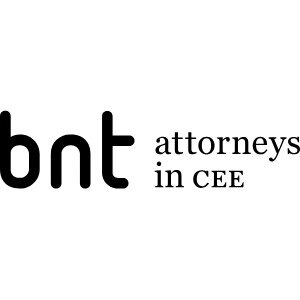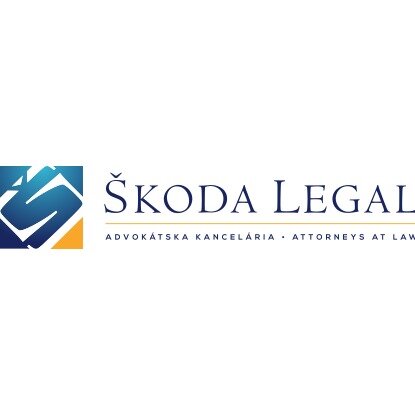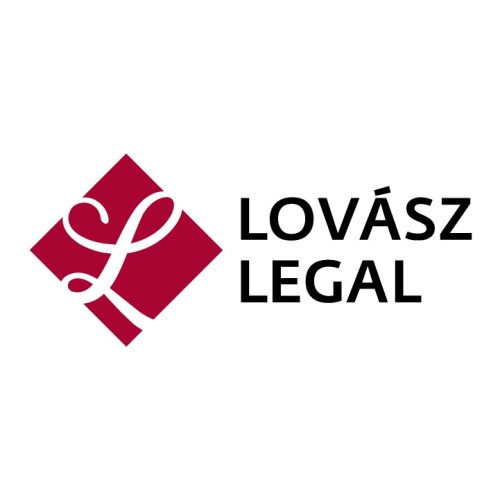Best Employer Lawyers in Slovakia
Share your needs with us, get contacted by law firms.
Free. Takes 2 min.
Or refine your search by selecting a city:
List of the best lawyers in Slovakia
About Employer Law in Slovakia
Employer law in Slovakia is primarily governed by various statutes and regulations that aim to create a balanced relationship between employers and employees. The Labor Code is the fundamental legal document that outlines the rights and obligations of both parties. It covers aspects such as contracts, working conditions, wages, holidays, and termination. Slovakia, being a member of the European Union, also aligns with EU labor laws, ensuring adherence to minimum employment standards and equality in the workplace.
Why You May Need a Lawyer
There are numerous situations in which individuals or businesses might seek legal advice in the field of employer law. Common scenarios include:
- Drafting or reviewing employment contracts to ensure compliance with laws.
- Addressing conflicts arising from wrongful dismissal or discrimination claims.
- Handling disputes over wages, bonuses, or other compensation-related issues.
- Navigating complex regulations regarding employee benefits or workplace safety.
- Receiving guidance during restructuring, layoffs, or large-scale terminations.
- Understanding obligations linked to collective bargaining or employee representation.
Legal advice can be crucial in effectively managing these situations and minimizing potential legal risks.
Local Laws Overview
Slovakia's employer laws are designed to protect both employees and employers. Some key aspects include:
- Employment Contracts: Must be in writing and include essential details like job description, salary, and duration.
- Working Hours: The standard working week is set at 40 hours, with overtime regulated to prevent exploitation.
- Minimum Wage: Minimum wage is mandated by law and is updated annually to reflect economic conditions.
- Sick Leave and Holidays: Employees are entitled to paid sick leave and a minimum of four weeks of paid vacation annually.
- Workplace Safety: Employers must adhere to stringent health and safety regulations to maintain a safe working environment.
- Anti-discrimination Laws: Provide for equal treatment in employment, prohibiting discrimination based on gender, age, race, or disability.
These laws are enforced by governmental bodies, ensuring protection and fairness within the workplace.
Frequently Asked Questions
What is the standard probationary period in Slovakia?
The probationary period typically lasts up to three months for most roles, although it can be extended to six months for managerial positions.
Can an employment contract be terminated without notice?
Terminating a contract without notice is generally prohibited unless there is a serious breach of duty or misconduct by the employee.
Are part-time employees entitled to the same benefits as full-time employees?
Yes, part-time employees are entitled to equivalent benefits on a pro-rata basis compared to full-time employees.
Is collective bargaining permitted in Slovakia?
Yes, collective bargaining is legal and facilitated through recognized trade unions.
What is the procedure for employee layoffs?
Employers must follow statutory procedures, which include consultation, selection criteria, and notification periods before implementing layoffs.
How is redundancy compensation calculated?
Redundancy compensation is based on the employee's length of service and age, with stipulated minimum amounts in the Labor Code.
How do Slovak labor laws protect against workplace discrimination?
Labor laws explicitly prohibit discrimination, with mechanisms for complaints and legal recourse available to affected individuals.
Are there specific regulations for temporary workers?
Yes, temporary workers have rights under labor laws, ensuring wage parity and protection from exploitation.
Can employees refuse overtime work?
Yes, employees can refuse overtime in certain circumstances, especially if it exceeds legally prescribed limits without proper compensation.
How are disputes between employers and employees resolved?
Disputes are typically resolved through mediation, arbitration, or, if necessary, through the court system.
Additional Resources
For further guidance or support, consider reaching out to the following organizations or bodies:
- Ministry of Labour, Social Affairs and Family of the Slovak Republic
- National Labour Inspectorate
- Slovak Chamber of Commerce and Industry
- Local trade unions or employee associations
- Legal aid services offering free or reduced-cost consultations
Next Steps
If you need legal assistance regarding employer law in Slovakia, consider taking these steps:
- Assess your specific needs and gather any relevant documentation or records.
- Consult with a lawyer specializing in employment law to discuss your case or concerns.
- Explore free legal services or consultations offered by reputable organizations if cost is a concern.
- Stay informed about your rights and responsibilities by reviewing official publications or attending informational seminars.
- Maintain open communication with your employer or employees to address issues amicably, if possible.
By taking proactive measures and seeking expert advice, you can effectively navigate the complexities of employer law in Slovakia.
Lawzana helps you find the best lawyers and law firms in Slovakia through a curated and pre-screened list of qualified legal professionals. Our platform offers rankings and detailed profiles of attorneys and law firms, allowing you to compare based on practice areas, including Employer, experience, and client feedback.
Each profile includes a description of the firm's areas of practice, client reviews, team members and partners, year of establishment, spoken languages, office locations, contact information, social media presence, and any published articles or resources. Most firms on our platform speak English and are experienced in both local and international legal matters.
Get a quote from top-rated law firms in Slovakia — quickly, securely, and without unnecessary hassle.
Disclaimer:
The information provided on this page is for general informational purposes only and does not constitute legal advice. While we strive to ensure the accuracy and relevance of the content, legal information may change over time, and interpretations of the law can vary. You should always consult with a qualified legal professional for advice specific to your situation.
We disclaim all liability for actions taken or not taken based on the content of this page. If you believe any information is incorrect or outdated, please contact us, and we will review and update it where appropriate.
Browse employer law firms by city in Slovakia
Refine your search by selecting a city.














